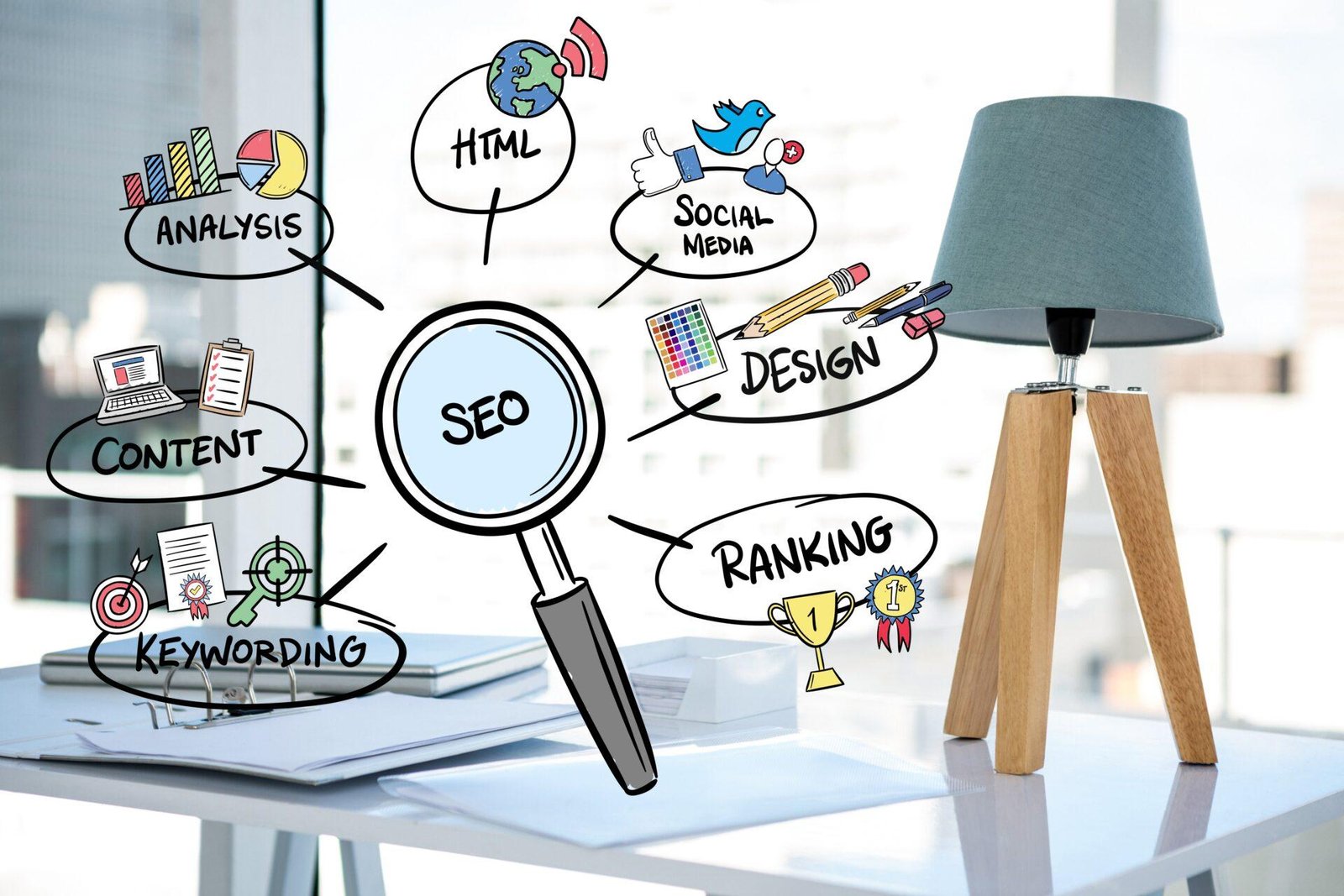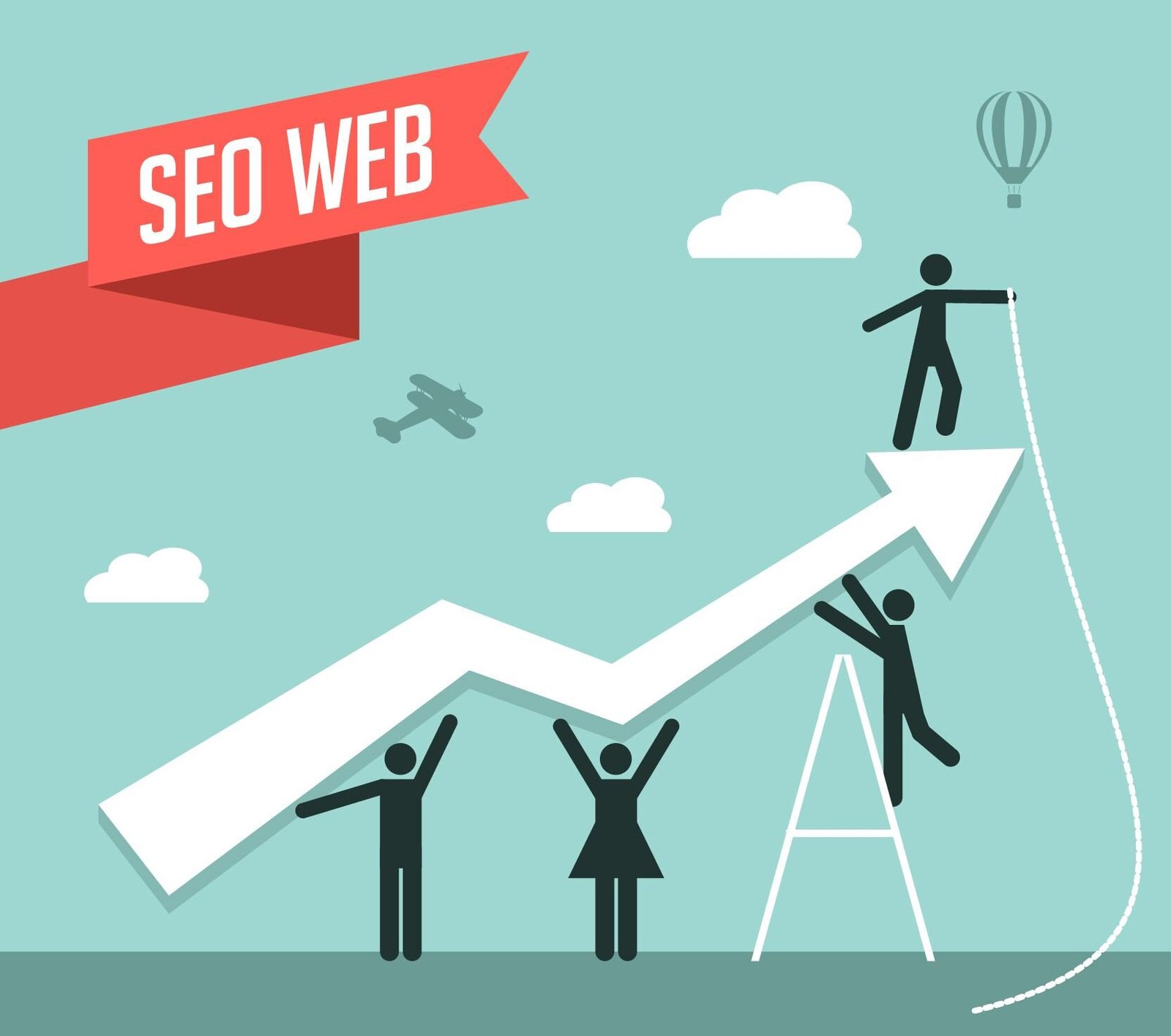The Power of SEO: Marketing Your Business Online
1. Introduction to SEO and Its Importance
In today’s Digital Marketing landscape, businesses must have an online presence to remain competitive. But simply having a website isn’t enough—you must ensure potential customers can find you. This is where Search Engine Optimization (SEO) plays a crucial role.
SEO is optimizing your website to rank higher on Search Engine Result Pages (SERPs) like Google, Bing, and Yahoo. Improving your website’s visibility can drive organic traffic, attract quality leads, and ultimately increase revenue. Unlike Paid Advertising, SEO focuses on sustainable, long-term results that help businesses grow organically.
Businesses that invest in SEO Marketing gain a competitive edge by appearing at the top of search results, improving their brand credibility, and building lasting customer relationships.
2. Key SEO Strategies for Online Marketing
Successful SEO marketing combines both on-page SEO and off-page SEO tactics. Below are some essential strategies that businesses should implement:
A. On-Page SEO Strategies
On-page SEO refers to optimizations made directly on a website to improve its search engine ranking. These include:
- Keyword Research & Optimization – Identifying and using target keywords relevant to your business in website content, headings, and meta descriptions.
- Content Creation – Publishing high-quality, SEO-friendly content that provides value to users and includes relevant keywords.
- Page Speed Optimization – Ensuring your website loads quickly to improve user experience and search engine rankings.
- Mobile-Friendly Design – Making your site responsive so it functions seamlessly on all devices, especially as mobile searches continue to grow.
- Internal Linking – Connecting different pages within your website to improve navigation and boost rankings.
B. Off-Page SEO Strategies
Off-page SEO focuses on building Domain Authority and credibility through external efforts. This includes:
- Link Building – Acquiring High-quality Backlinks from reputable websites to improve your site’s authority.
- Social Media Marketing – Promoting content on platforms like Facebook, LinkedIn, and Twitter to drive traffic and engagement.
- Guest Blogging – Writing and publishing articles on other websites to increase brand exposure and gain backlinks.
- Online Reviews & Reputation Management – Encouraging customer reviews to build trust and credibility.
Implementing a combination of these SEO Tactics can significantly improve a business’s online presence and visibility.

3. How SEO Helps You Reach Your Target Audience
SEO Marketing is not just about ranking high on search engines; it’s about ensuring the Right Audience finds your business. Here’s how SEO helps businesses connect with their target market:
A. Understanding Search Intent
Search engines analyze user behavior and provide the most relevant results based on search queries. Businesses must optimize their content for different types of search intent:
- Informational Searches – Users looking for knowledge (e.g., “What is SEO?”)
- Navigational Searches – Users searching for a specific brand (e.g., “361 Degrees Marketing website”)
- Transactional Searches – Users intending to make a purchase (e.g., “Best SEO services near me”)
B. Creating an Optimized Marketing Profile
To Boost Visibility, businesses should:
- Optimize images and Alt Text for search engines.
- Use engaging headlines and Meta Descriptions to increase Click-Through Rates (CTR).
- Focus on Local SEO by listing the business on Google My Business and other directories.
C. Content Optimization for Better Engagement
- Writing blog posts, FAQs, and guides that answer customer questions.
- Using engaging visuals and videos to enhance the user experience.
- Implementing Structured Data Markup to improve search engine understanding of your content.
By focusing on SEO-driven Content Marketing, businesses can engage their target audience more effectively.
4. Long-Term Benefits of SEO for Business Growth
Unlike pay-per-click (PPC) advertising, which stops driving traffic once the budget runs out, SEO provides lasting benefits that continue to generate results over time. Here are some long-term advantages:
A. Sustainable Website Traffic & Lead Generation
A well-optimized website consistently attracts Organic traffic, reducing the need for paid ads and boosting Lead Conversion Rates.
B. Cost-Effective Marketing Strategy
SEO is a cost-effective alternative to traditional Digital Advertising methods like Google Ads. Once your website starts ranking, you continue to gain visitors without additional ad spend.
C. Improved Credibility & Brand Authority
Websites that rank on the First Page of Google are perceived as more trustworthy. Higher search rankings lead to increased customer confidence and a stronger brand reputation.
D. Competitive Advantage in Your Industry
Most businesses today invest in SEO Strategies to stay competitive. Companies that don’t prioritize SEO risk losing potential customers to competitors who rank higher on search results.
By consistently Optimizing Content, improving user experience, and staying up-to-date with SEO trends, businesses can enjoy long-term success.

5. Conclusion
In today’s fast-paced digital world, SEO is a Powerful tool that businesses cannot afford to ignore. By implementing both On-page and Off-page SEO strategies, companies can:
✔ Improves Search Engine Rankings
✔ Drive High-Quality Organic Traffic
✔ Enhance Brand Credibility
✔ Increase Customer Engagement and Conversions
Whether you’re a startup or an established company, investing in SEO Marketing is essential for long-term growth.
For expert SEO Services and digital marketing solutions, visit 361DegreesMarketing.com and start optimizing your business today!
- Written by: 361 Degrees Marketing Team
- Posted on: April 5, 2025
- Tags: 361degreesmarketing, OFF-page SEO, On-page SEO, Target Keyword

